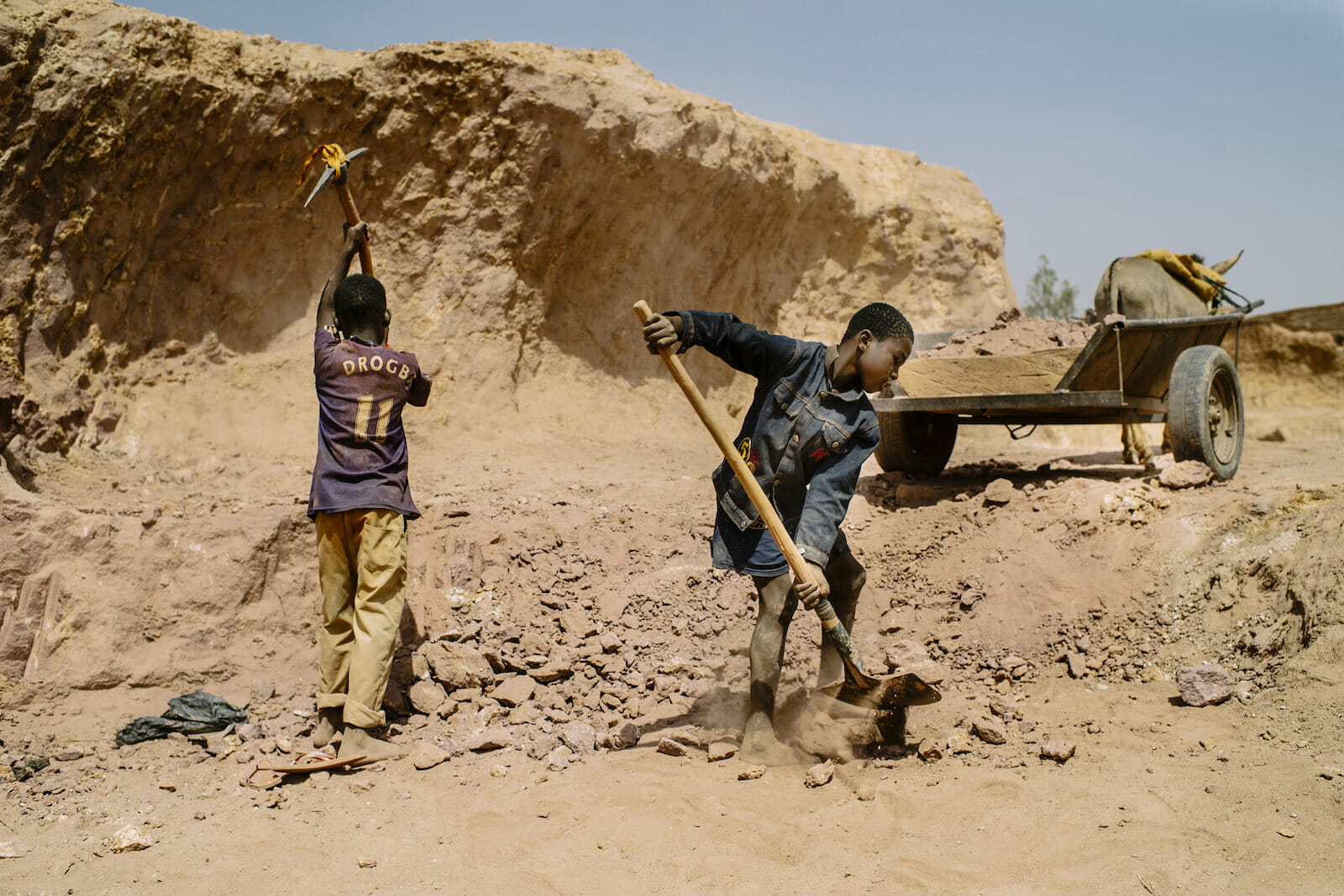
Africa’s Modern Slavery Challenges Beg for Responses from Boards and C-Suite Executives
Outside of conflicts and climate change, modern slavery is one of the most pressing issues under discussion at the international level. It is the practice of exploiting others for personal or commercial/financial gain. For obvious reasons, modern slavery tends to be concealed and out of sight.
Vulnerable groups of people are forced to produce products and services that we consume. Our clothes, food, and electronic devices are contributing to modern slavery. People are forced to work in factories, as nannies, or as cleaners. As the Walk Free Foundation points out, modern slavery doesn’t encompass just being enslaved but involves forced labour and human trafficking and it happens in very rich countries and very poor ones. On any given street in the United States, you will find sexually exploited young men and girls who have been trafficked.
Africa has the highest prevalence of modern slavery across the world and it has the weakest response to the problem. It is estimated that out of every 1,000 people, 7.6 people are living in modern slavery throughout the continent. Women, girls, and children tend to be the most vulnerable to modern slavery. The 2018 Global Slavery Index shows that the top five African countries with the highest prevalence include Eritrea, Burundi, Central African Republic, Mauritania, and South Sudan.
Outside of Africa, South Asian migrants are routinely denied their basic human rights and are kept as modern slaves in many rich Gulf states.
Modern slavery regulations
Firms need to be aware of their supply chains to ensure that their business practices are sustainable, and their suppliers do not engage in unsustainable practices. In some countries like the United Kingdom and Australia, new regulations are guiding businesses to show their commitment to eradicating all modern forms of slavery across their supply chains. Yet, in Africa, little is said about the issue at the national and subregional levels.
Sole proprietorship businesses, partnership firms, and companies in Africa are not fully concerned about the issues of modern slavery, which perpetuates the problem.
Although there may be isolated laws that address different aspects of modern slavery, developing a single regulation on modern slavery is next to impossible. Governments are by and large warry of enacting any laws that might be seen as government overreach. Additionally, discussions on modern slavery are few. Even in academic literature, research on modern slavery within Africa is scant. It’s a problem most African countries would like to ignore.
Response to modern slavery in Africa
There is a need for a multi-stakeholder response to the issue of modern slavery in businesses and across their supply chains. Notably, human resource managers and accountants must be involved in driving the needed response we need. Africa’s opaque and unregulated supply chain needs to be closely monitored to reduce or eradicate modern slavery.
And while the developed world must confront modern slavery, the problem is more pronounced and complex in the developing world. This is because various products and goods are sourced from Africa including cocoa, coffee, rubber, crude oil, minerals, and metals using forced labour. For instance, if Cadbury, one of the UK’s top chocolate producers, largely ignores instances of modern slavery in Ghana and Côte d’Ivoire, and the farmers they source from do not shy away from using forced labour, we will not see a complete solution to the problem.
Africa’s lag regarding a modern slavery response is leading to a situation where we have a positive picture at the top of the supply chain but a very appalling modern slavery situation at the bottom.
Africa cannot continue to depend on a trickling down of corporate best practices from the international offices of global institutions to their African offices. This loose approach leads to a situation where many African-owned institutions continuously engage in unsustainable business practices. African leaders and trade institutions need to show a strong commitment to addressing modern slavery.
Response from corporate boards and c-suite executives
The corporate boards and c-suite executives of African businesses need to show clear commitment towards addressing modern slavery. In the current business climate where sustainable businesses strive and there are pressures from the investor community for environmental, social and governance issues, addressing modern slavery will not yield a single bottom-line benefit but possibly triple-bottom-line benefits.
The corporate boards are responsible for giving strategic direction and control to the executives and the firms in general. Thus, their stance, focus, and attention on addressing modern slavery issues are paramount to efforts towards addressing the problem.
Merely asking for disclosures on modern slavery is not enough but the boards need to put in measures that are biting enough to ensure management takes actual action at the grassroots level. In some cases, board composition should consider experts on modern slavery issues who will be ready to drive the needed response.
C-suite executives were paramount in the efforts towards implementing the principles of the United Nations Global Compact. Recent corporate disclosure studies show how the United Nations Global Compact is driving other sustainable business practices.
In the case of modern slavery, we need a commitment from traditional c-suite executives and also from persons holding emerging positions in corporations who will play a key role in building or implementing business processes or developing algorithms.
To what extent do digitization, automation, and technological advancement inculcate modern slavery issues into the business ecosystem? When senior executives show a commitment to addressing modern slavery, it will not be an arduous task to achieve a trickle-down effect among middle-level executives, operational employees, and other stakeholders across the value chain.
African corporate leaders should commit to including responsible business practices and culture that inculcate modern slavery into their corporate DNA. This should be an issue of concern for African-own businesses of all types and sizes, African businesses with head offices outside of Africa, and for all businesses that source inputs from Africa.

